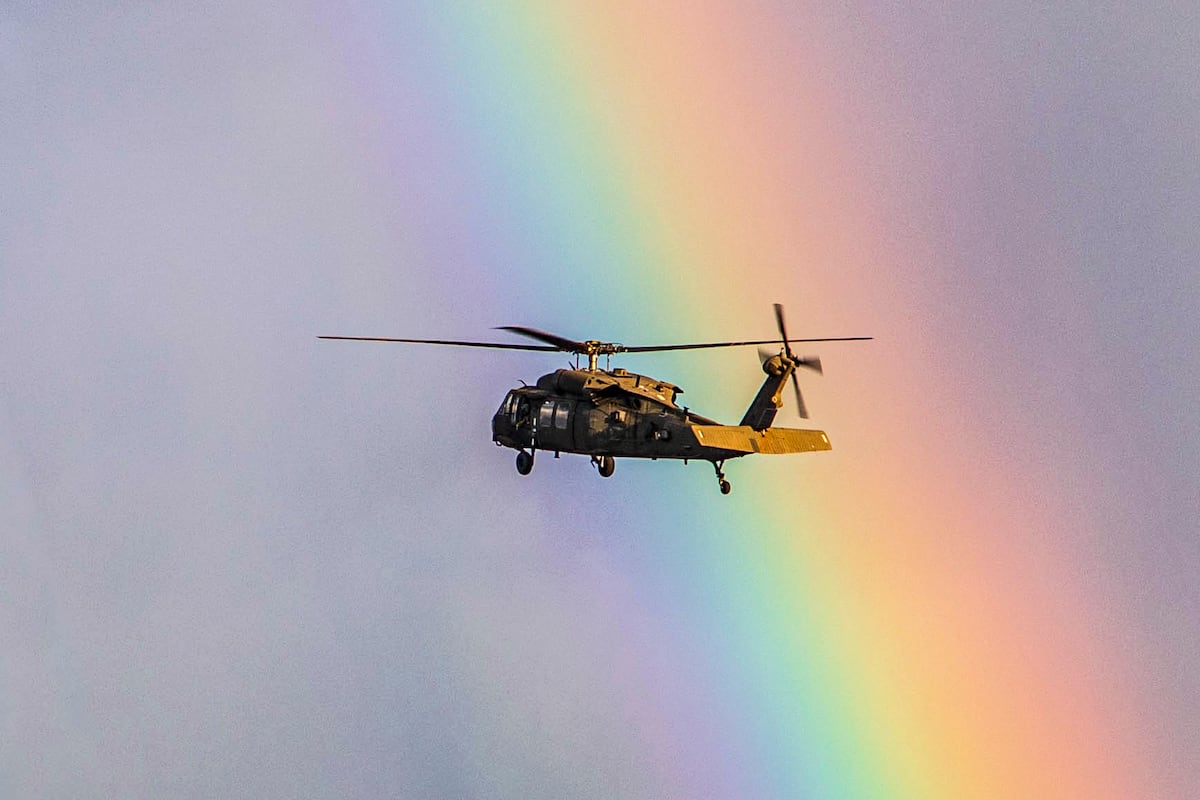Spiritual Dosage: Army Aviator's Controversial LSD Defense Sparks Legal and Religious Debate

In a compelling legal battle that blends spirituality and military service, an Army pilot is making a bold claim about the spiritual significance of LSD in his personal journey. His dedicated legal team argues that the psychedelic substance is not merely a drug, but a sacred tool "necessary for his continued spiritual growth and development."
The pilot's defense centers on a deeply personal perspective, positioning LSD as a critical component of his spiritual practice. By framing the substance as a sacrament, his lawyers are challenging traditional views and seeking to protect what the pilot considers an essential aspect of his inner transformation.
This case highlights the ongoing tension between individual spiritual beliefs and institutional regulations, raising complex questions about religious freedom, personal choice, and the boundaries of spiritual exploration within the military framework.
While controversial, the pilot's stance underscores a growing dialogue about alternative spiritual practices and the potential role of psychedelic substances in personal growth and understanding.
